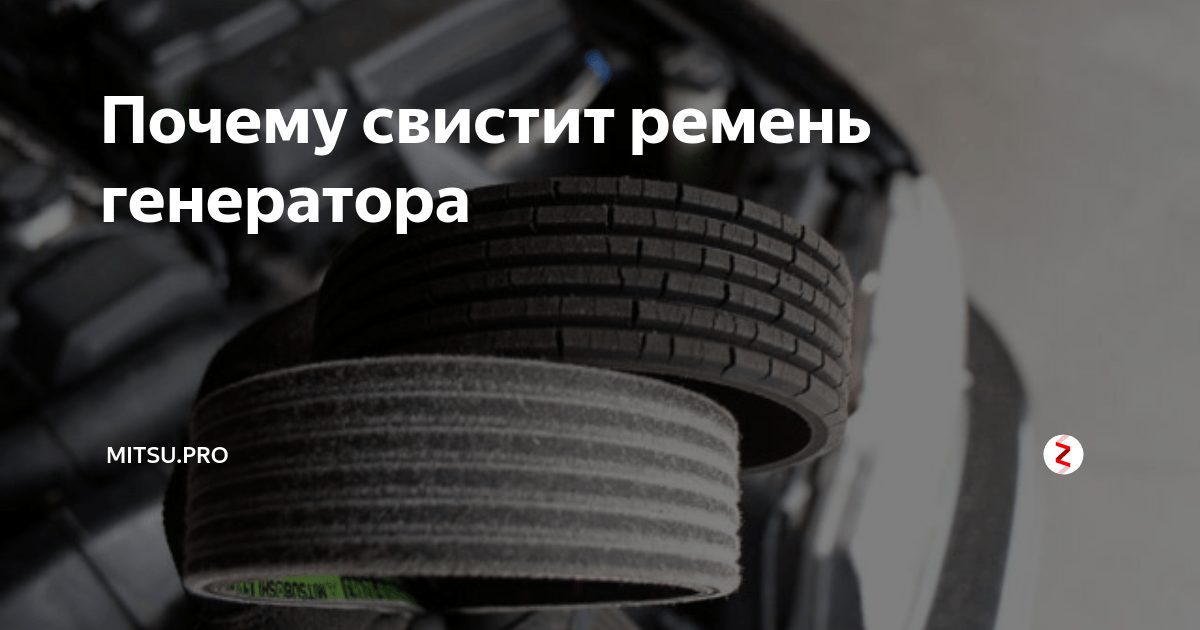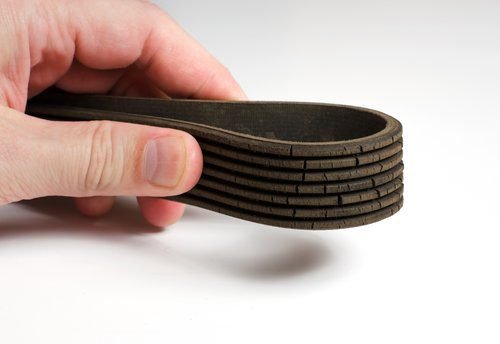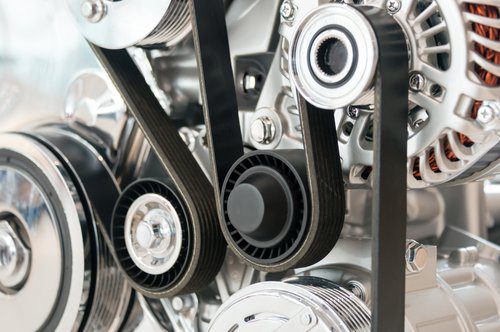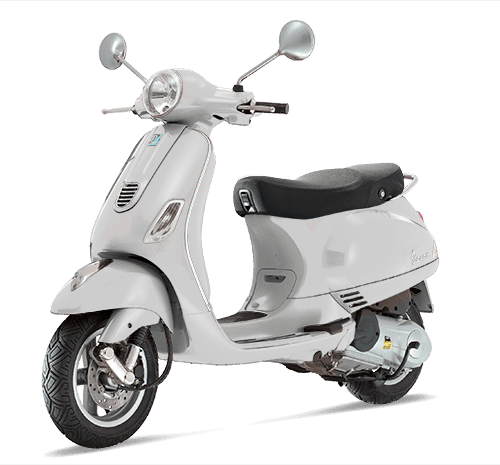
Accessory Belt Noise: Causes and Solutions
Content
The timing belt is much better known than the accessory belt. But did you know that if your accessory strap is not in good condition, it can also cause serious disruption to your performance? engine ? Luckily, the strap is making some kind of noise that can tease you and tell you it's time to stop. change your accessory belt... In this article, we will go into detail about the noises you may encounter and how to determine their origin!
🔧 What are the symptoms of a faulty accessory strap?

As the name suggests, the accessory belt is driven by the engine to operate ancillary equipment such as an alternator, air conditioning compressor, or power-assisted steering pumps. Serrated or grooved, this long rubber band, precisely fitted during assembly, wears out over time.
By examining this rubber band, you can determine one of the following damage:
- Amount of notches / ribs;
- Cracks;
- Cracks;
- Relaxation;
- Explicit break.
Here are the symptoms of each of your accessories when your belt is misadjusted, defective, or broken:
🚗 What noise does a faulty accessory strap make?

Each malfunction produces a very specific sound: screeching, crackling, whistling. Know how to tell the difference to better determine the cause of the belt problem. Here is a partial list of the most common and recognizable noises.
Case # 1: Light Metallic Noise
Time is likely to be the cause of belt groove wear. Its replacement is inevitable.
It is also possible that one of the auxiliary pulleys (generator, pump, etc.) is damaged, or that one of the idler pulleys is defective. In this case, it is necessary to change the elements in question.
Case # 2: high-pitched screeching
This is often the characteristic sound of a loose accessory strap. This noise appears as soon as your engine starts. It can sometimes disappear depending on your engine speed (engine speed).
Even if it disappears after you start rolling, it should be dealt with quickly if you don't want the belt to break.
Case # 3: slight rolling noise or hiss
There, too, undoubtedly, you can hear the sound of a too tight accessory strap. This can happen after replacing the timing device, a new belt, or an automatic tensioner. Then you must loosen the belt by adjusting the tensioners. Sometimes it even has to be replaced, because the strong tension must have damaged it. This is a difficult operation in a garage.
Any suspicious noise in the car should alert you. Even though they are sometimes difficult to identify, the best way to prevent breakdowns is to listen to your car. In this case, act as quickly as possible before the consequences become more serious by contacting one of our trusted mechanics.

